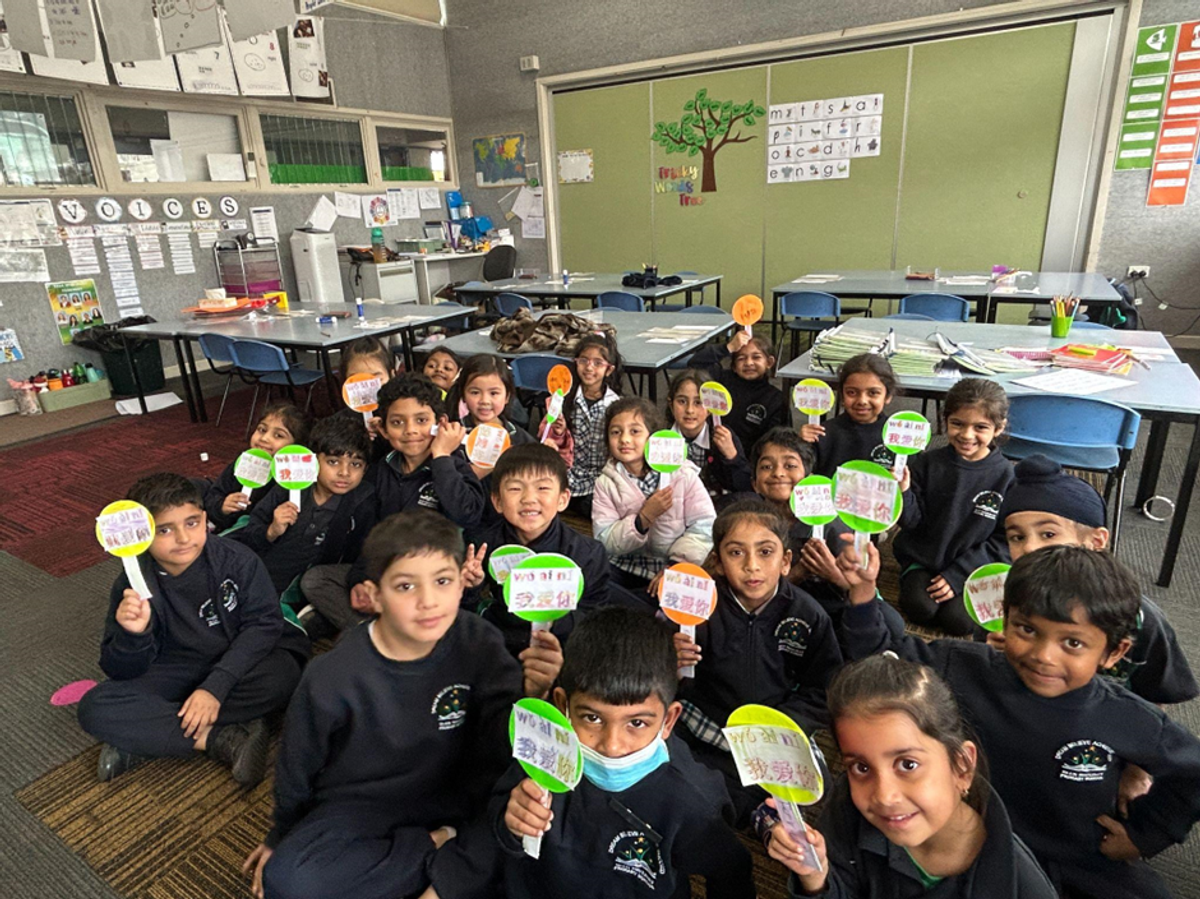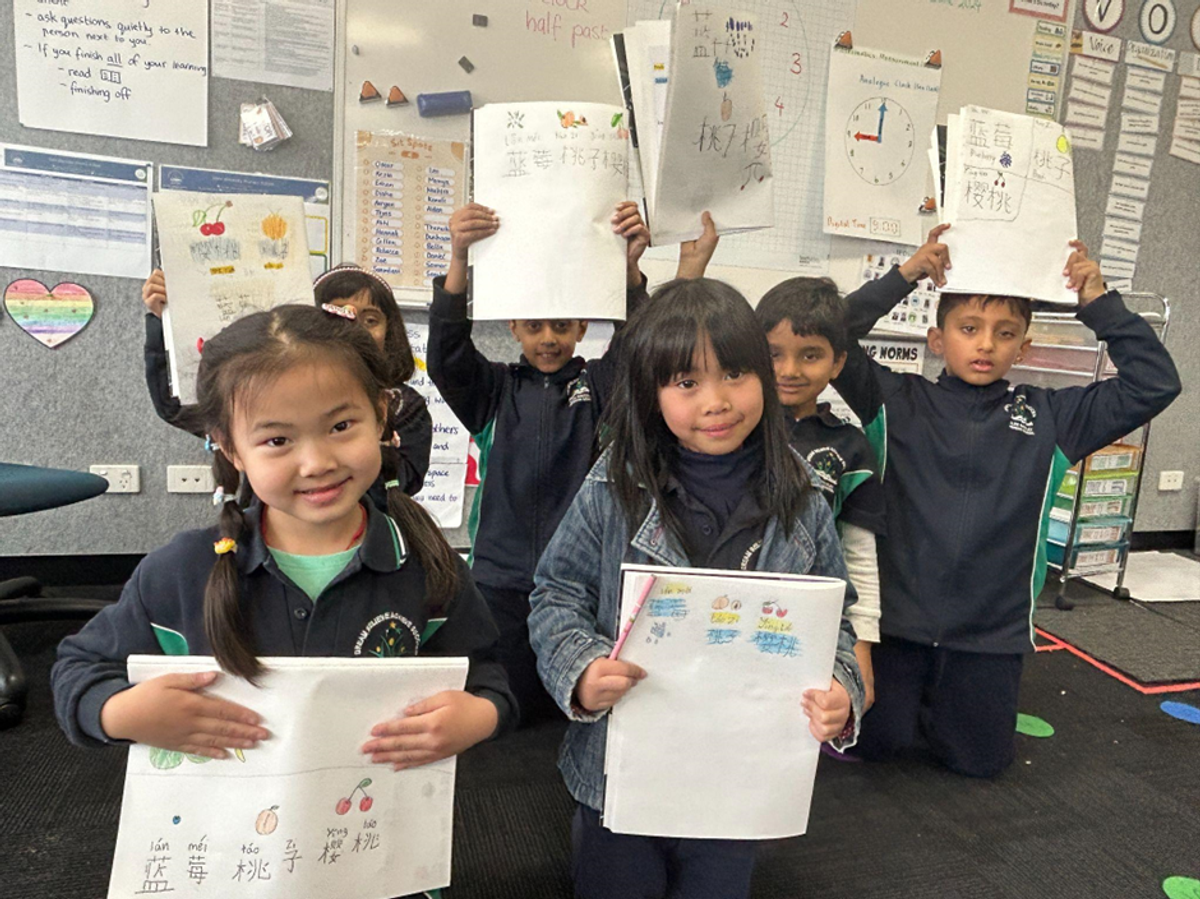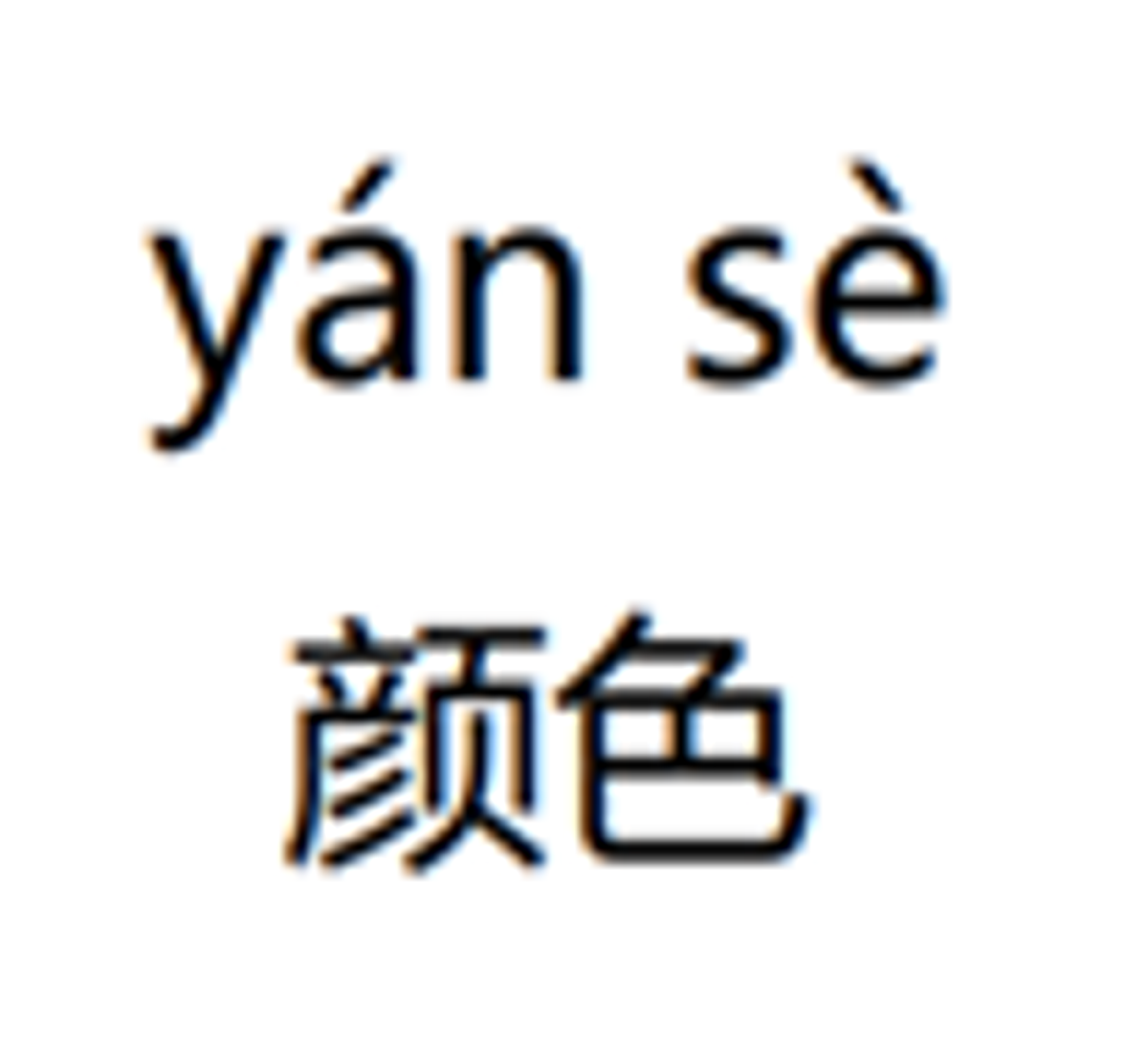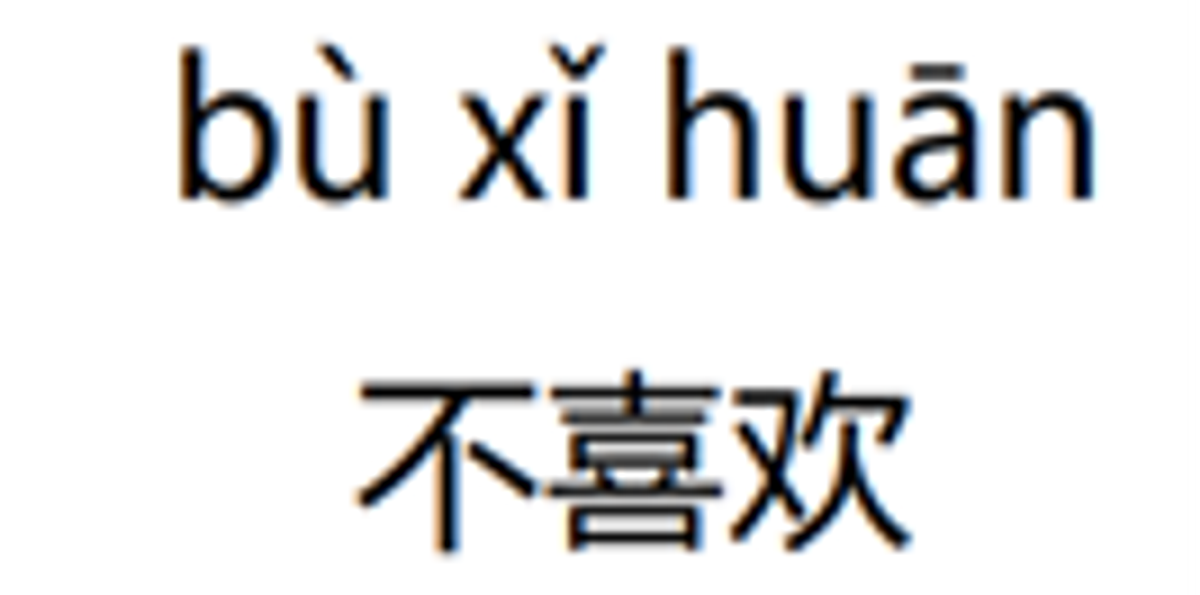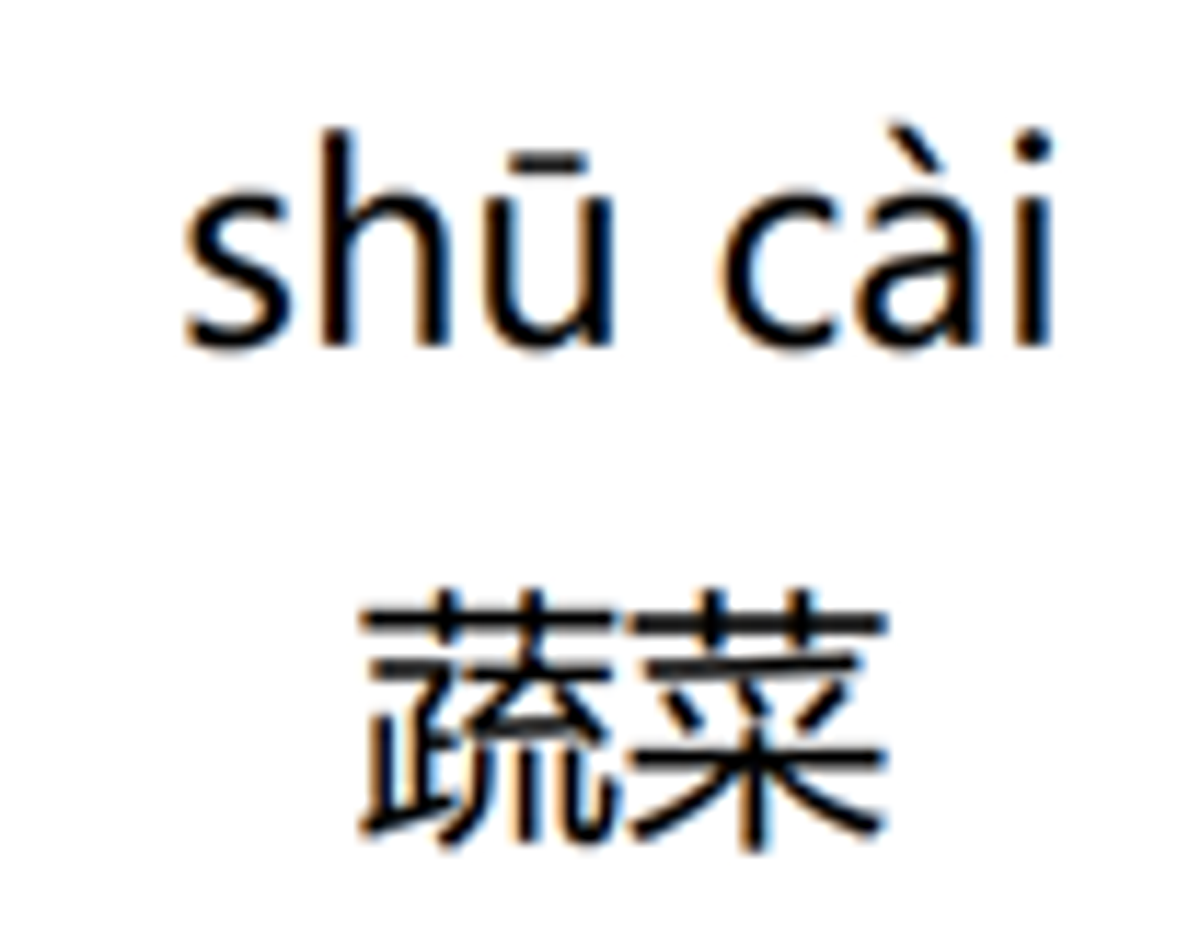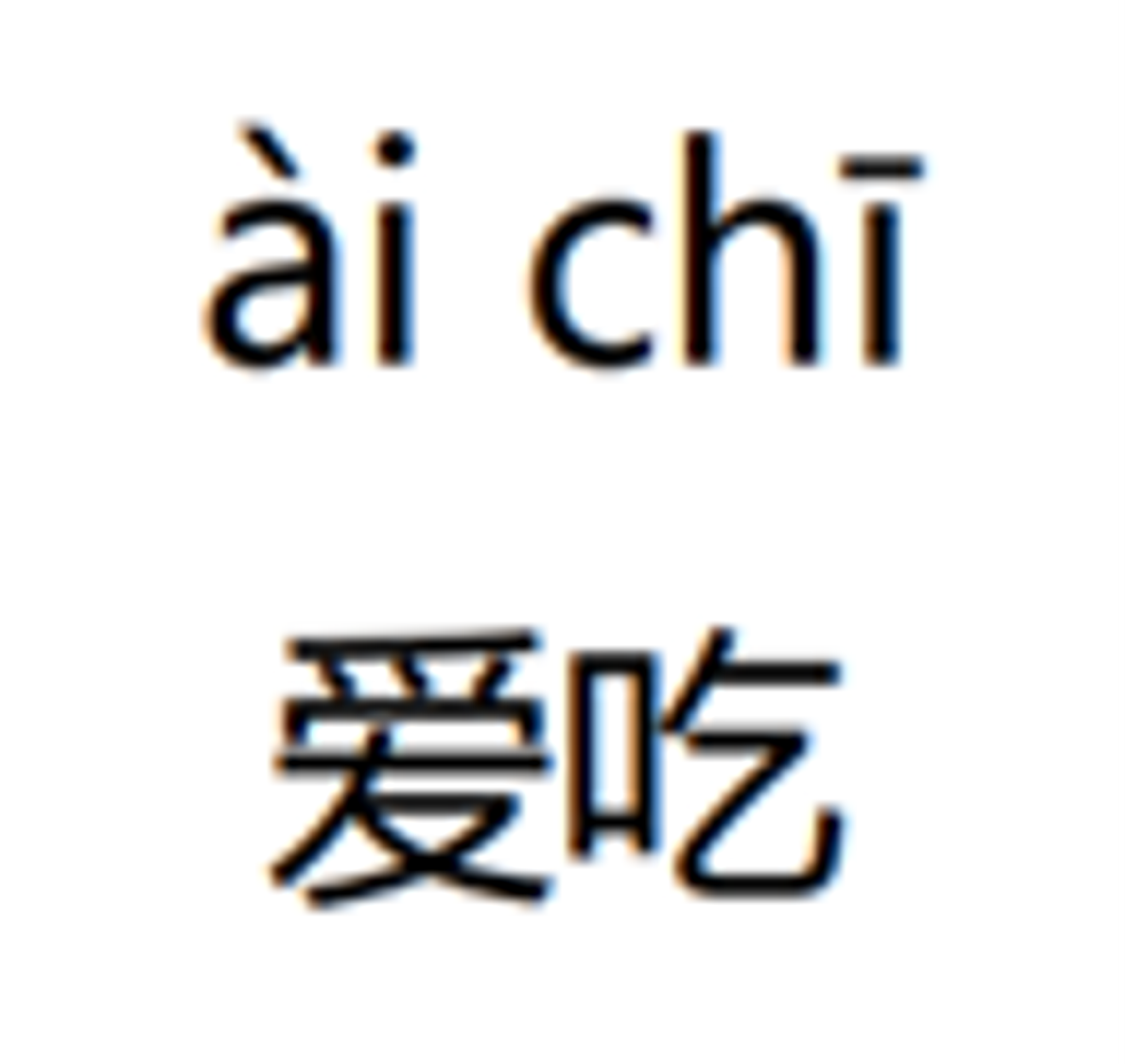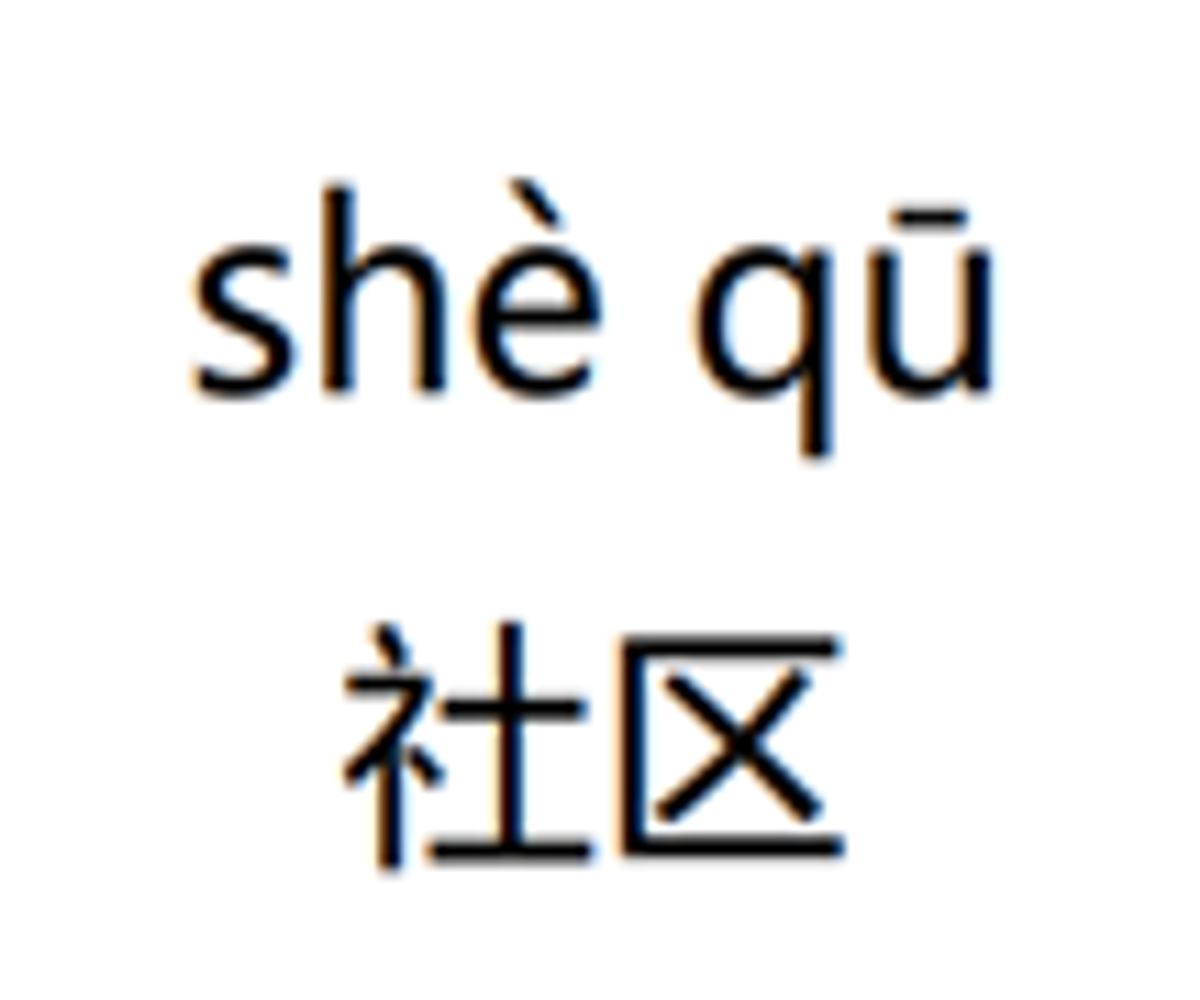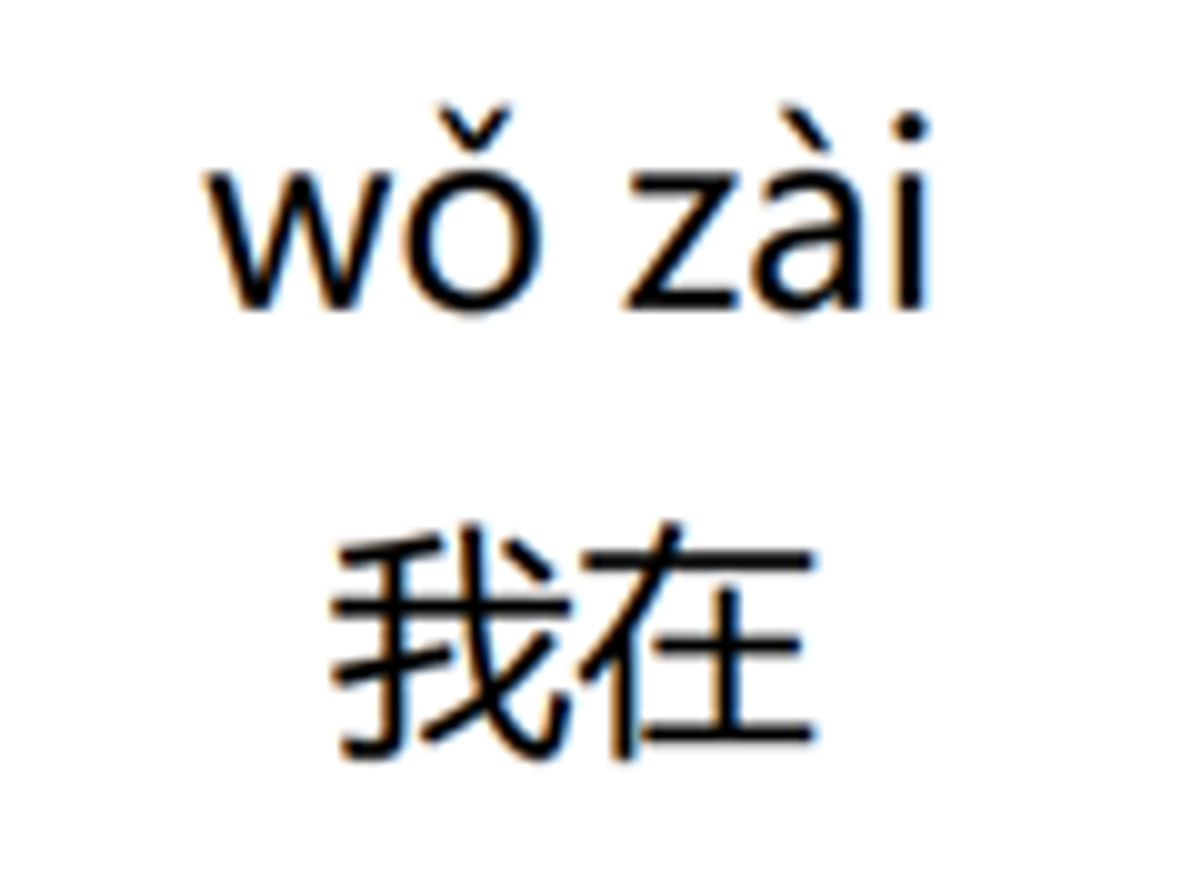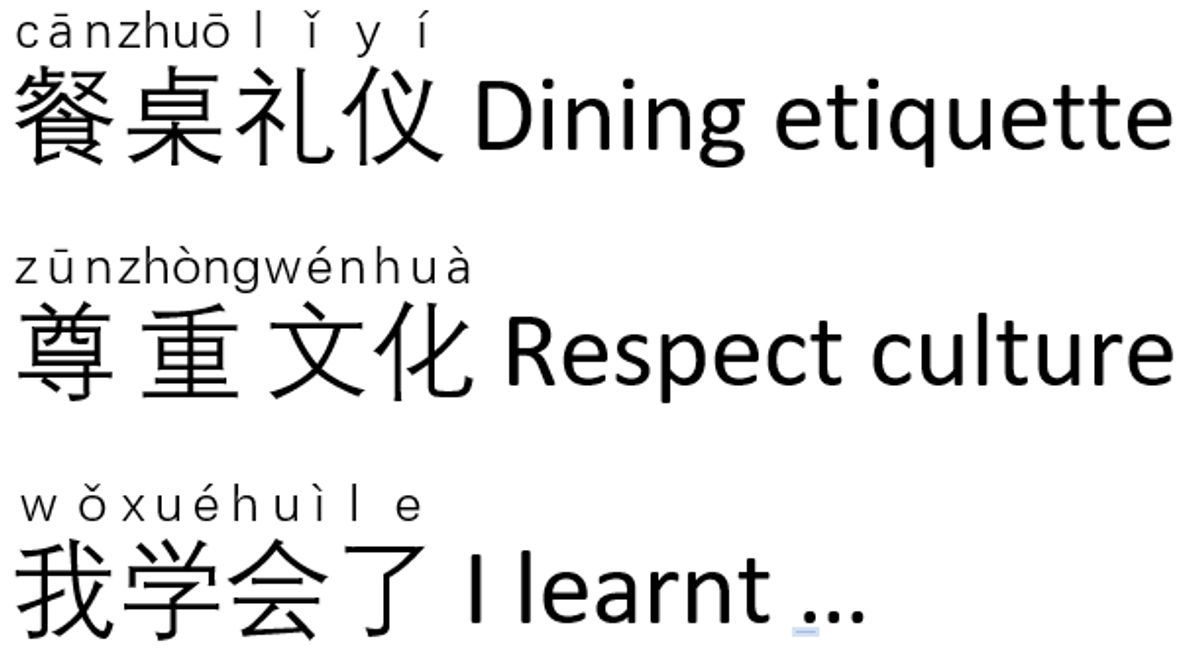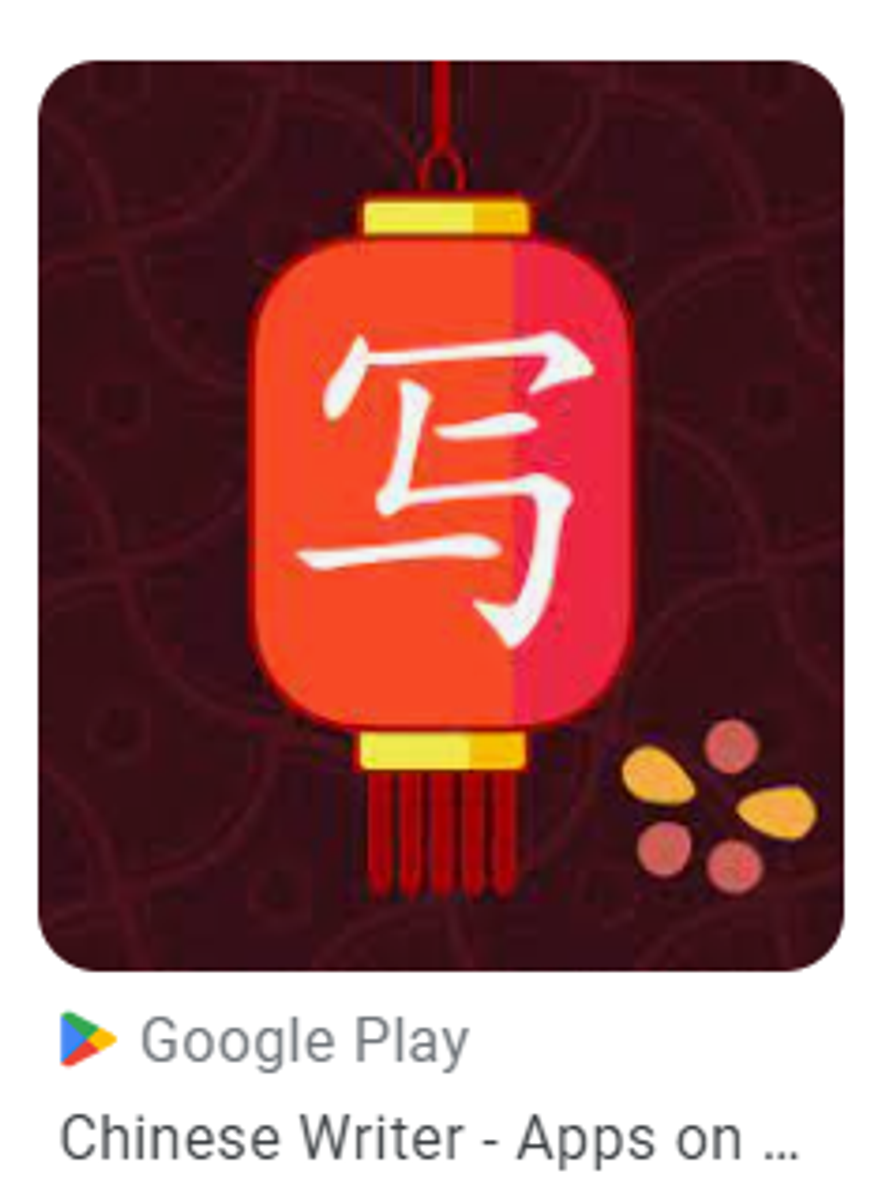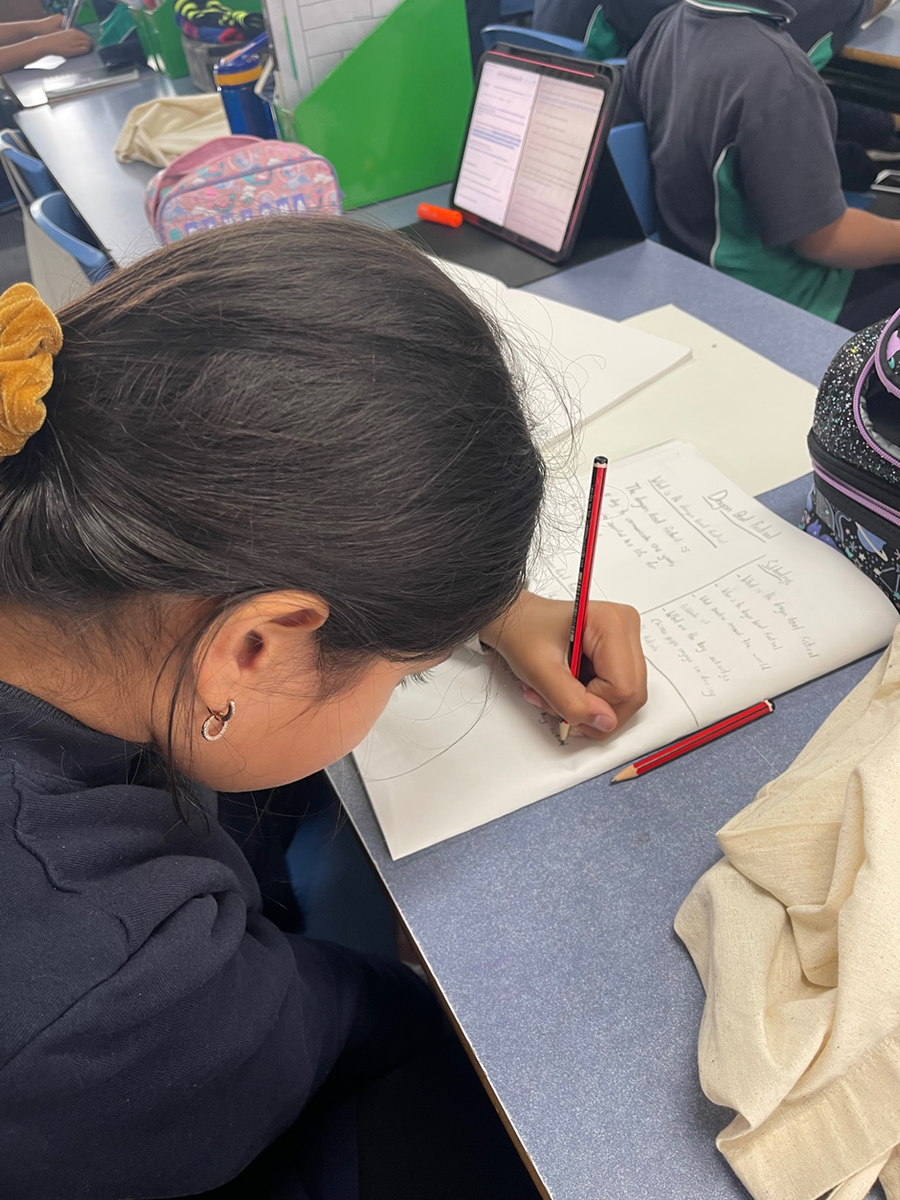LANGUAGES

Welcome to Term Three! We trust everyone had a pleasant holiday break. In the previous term, students immersed themselves in language learning related to their Inquiry topics and enhanced their appreciation of the cultural aspects of the Dragon Boat Festival. This term will focus on strengthening their language abilities and embarking on new inquiry-driven learning. Additionally, students will explore the origins and global celebrations of the Mid-Autumn Festival, also called the Moon Festival.
Languages teaching team,
Shasha Guo, Esther Wang and Allie Ding
Prep
In Term Three, Prep students will focus on ‘Colours’. They will learn to recognise and pronounce familiar colours such as red, yellow, green, blue and black, and to apply knowledge to talk about the colours of surrounding objects. To transfer their learning, students will create a rainbow poster that contains learnt vocabulary and sentences.
Curriculum Links:
- Participate in class routines, structured conversations and activities using teacher-modelled tones and rhythms (VCZHC001)
- Locate information about family and familiar events from spoken and visual sources and convey this information in simple visual and oral texts (VCZHC003)
Key Vocabulary:
Colour
Like
Dislike
Year 1
Year One students will focus on ‘vegetables’ this term. They will learn to pronounce/recognise vocabulary such as chilli, potato, carrot and tomato as well as discuss what healthy food is. They will transfer their learning by talking about their most and least liked vegetables. To celebrate their learning journey, students will create a foldable vegetable book to deepen their understanding of the topic.
Curriculum Links:
- Locate and present information about familiar objects, people and personal interests using visual and contextual cues (VCZHC004)
- Identify equivalent or similar Chinese words or phrases for familiar objects or terms in English (VCZHC007)
Key Vocabulary:
Vegetable
Like (to eat)
Do not like (to eat)
Year 2
This term, Year Two students will focus on different places in our community. They will learn vocabulary such as home, school, park and supermarket while being able to use sentences to ask, ‘where are you’ and answer that question. Through transfer, they will demonstrate their learning by designing an ideal community. Learners will explore and reflect on what an ideal community means to them and the function of different places in our lives.
Curriculum Links:
- Recognise Chinese characters as a form of writing and Pinyin as the spelled-out sounds of spoken Chinese (VCZHU011)
- Understand that Chinese sentences have a particular word order (VCZHU012)
Key Vocabulary:
Community
Where are you
I am at
Year 3
Year Three students will focus on the language related to describing various rooms within a house. They will practice recognising the vocabulary associated with different types of rooms and acquire the skill to discuss language structures. Students will transfer their understanding by creating a dream house presentation in Mandarin. Additionally, they will investigate the influence of cultural variations on architectural design within the context of globalisation, followed by developing a poster presentation to communicate their findings.
Curriculum Links:
- Obtain and process information about places (VCZHC017)
- Reproduce key Chinese characters from familiar contexts using stroke types and sequences (VCZHU027)
Key Vocabulary:
Home
Room
Siheyuan
Year 4
The Year Four students will delve into hobbies and leisure activities this semester. They will practice expressing their interests and asking about others' preferences in Chinese. Initially, Students will learn phrases related to various hobbies and then progress to forming complete sentences. They will apply their learning in real-life situations by engaging in conversations about hobbies with Chinese friends. Also, they will investigate leisure activities from diverse cultures to enhance their cultural awareness and craft a virtual presentation to demonstrate their knowledge.
Curriculum Links:
- Exchanging ideas and opinions with teachers and peers (VCZHC017)
- Convey this information using learnt phrases and keywords (VCZHC019)
Key Vocabulary:
Interest
Hobby
Traditional Games
Year 5
Students in Year Five will develop an understanding of the origin of Chinese characters and explore their evolution. They will learn the radicals of Chinese characters and understand their structure and composition. Learners will transfer their learning by applying their understanding of the structure of the Chinese characters and practising Chinese handwriting in the correct stroke order. By the end of the unit, learners will complete a poster of Chinese Spelling Inquiry to deepen their learning of the Chinese characters, and the history and meaning behind them.
Curriculum Links:
- Create own bilingual texts such as signs, displays and posters (VCZHC040)
- Identify how character structure, position, and component sequences relate the form of a character to its particular sound and meaning (VCZHU043)
Key Vocabulary:
History of character evolution
Character structure
Writing order
Year 6
Students in Year Six This term will extend their term One learning about Chinese food. They will discover Chinese dining etiquette and learn how to order food in a restaurant. The up-to-date Chinese food online order APPs and the main functions will be introduced. Students will also learn how to use adjectives and verbs in order to speak and write complex sentences, and how to order food in everyday life. They will inquire into the key aspects of Chinese dining etiquette, and compare and contrast the different dining etiquette cultures around us. At the end of the term, they will create a virtual presentation to showcase their learning.
Curriculum Links:
- Interpret and translate simple texts used for everyday purposes, identifying actions, words and phrases that do not readily translate into English (VCZHC039)
- Create written imaginative texts, describing characters and sequencing events, using scaffolded models of texts, learnt characters or word lists for support (VCZHC038)
Key Vocabulary:
How can you support your child’s Language Education learning at home?
- Sing or exposure to Chinese Songs to gain interest in the language
- Borrow bilingual Chinese storybooks from the school library or local library
- Practice writing Chinese characters via App “Writer”

